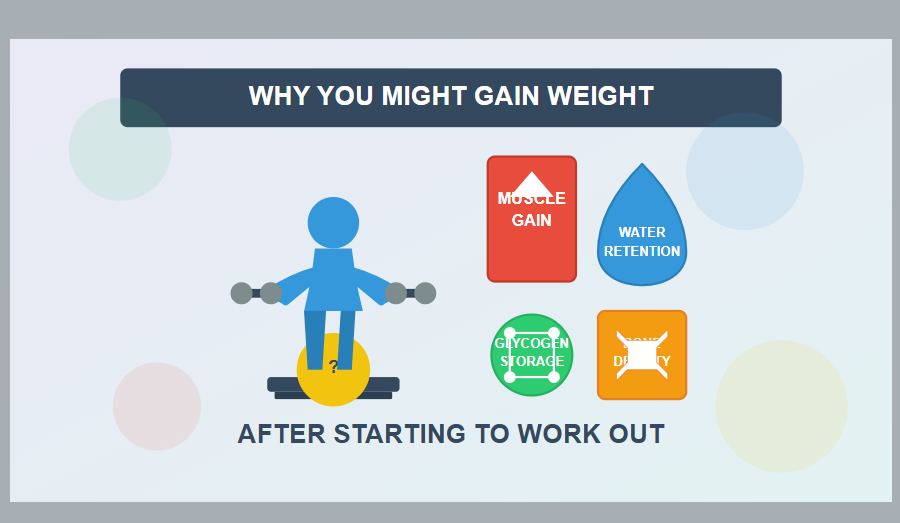Table of contents
- What Causes Your Metabolism to Slow Down During Weight Loss?
- The Science Behind Metabolic Adaptation
- How Does Metabolic Adaptation Impact Weight Loss?
- Evidence-Based Strategies to Counter Metabolic Slowdown
- Practical Implementation Guide
- Long-Term Success Strategies
- Making Peace with Your Changing Metabolism
When Sarah started her weight loss journey, the first few weeks showed promising results. However, despite maintaining the same diet and exercise routine, her progress gradually slowed to a frustrating halt. This experience, shared by countless others, has a scientific explanation: metabolic adaptation, or what’s commonly known as metabolic slowdown.
What Causes Your Metabolism to Slow Down During Weight Loss?
Your metabolism isn’t just a simple calorie-burning furnace—it’s a sophisticated system that adapts to environmental changes, including dietary restrictions. When you reduce caloric intake, your body initiates several protective mechanisms, a fascinating process that helped our ancestors survive food scarcity but can challenge modern weight loss efforts.
Recent research has shown that metabolic adaptation is a complex interplay of hormonal, neural, and cellular responses designed to maintain body weight homeostasis.
Source: Nature Reviews Endocrinology, 2023

The Science Behind Metabolic Adaptation
Recent research published in the Journal of Clinical Endocrinology & Metabolism (2023) reveals several key factors contributing to metabolic slowdown:
- Hormonal Changes
- Leptin levels decrease by up to 50%
- Thyroid hormone production slows
- Ghrelin (hunger hormone) increases
- Cellular Efficiency
- Mitochondrial efficiency increases
- Cellular energy conservation heightens
- Muscle protein breakdown reduces
How Does Metabolic Adaptation Impact Weight Loss?
Understanding the magnitude of metabolic slowdown helps explain why initial weight loss success often hits a plateau. Studies show that resting metabolic rate can decrease by 20-25% more than expected based on weight loss alone, a phenomenon termed “adaptive thermogenesis.

Evidence-Based Strategies to Counter Metabolic Slowdown
What Role Does Muscle Mass Play in Maintaining Metabolism?
Preserving muscle mass becomes crucial during weight loss, as skeletal muscle accounts for approximately 20% of your resting metabolic rate. Recent studies demonstrate that resistance training combined with adequate protein intake (1.6-2.2g/kg body weight) can help maintain muscle mass and metabolic rate during caloric restriction.
Can Diet Manipulation Help Prevent Metabolic Slowdown?
Research supports several dietary strategies to minimize metabolic adaptation:
- Caloric Cycling
- Alternate between moderate and slight deficits
- Include planned refeed days
- Monitor energy intake precisely
- Macronutrient Timing
- Concentrate carbohydrates around workouts
- Distribute protein evenly throughout the day
- Maintain essential fat intake


Practical Implementation Guide
How Can You Monitor and Adjust for Metabolic Changes?
Creating a systematic approach to tracking and adjusting your weight loss strategy ensures long-term success:
Regular Assessment Checklist
- Track morning body temperature
- Monitor resting heart rate
- Record energy levels
- Document sleep quality
Long-Term Success Strategies
What Makes Sustainable Weight Loss Possible?
The key to long-term success lies in understanding that weight loss isn’t linear. Implementing these evidence-based strategies while maintaining realistic expectations helps create sustainable results:
- Mindset Adaptation
- Focus on health markers beyond scale weight
- Celebrate non-scale victories
- Develop sustainable habits
- Lifestyle Integration
- Create flexible eating patterns
- Build sustainable exercise routines
- Prioritize stress management
Making Peace with Your Changing Metabolism
Understanding metabolic adaptation allows you to approach weight loss with greater wisdom and preparation. By implementing these evidence-based strategies and maintaining a long-term perspective, you can navigate the challenges of metabolic slowdown while achieving sustainable results.
Remember, your body’s metabolic adaptation isn’t working against you—it’s trying to protect you. Working with these natural processes, rather than fighting them, creates the foundation for lasting success.










